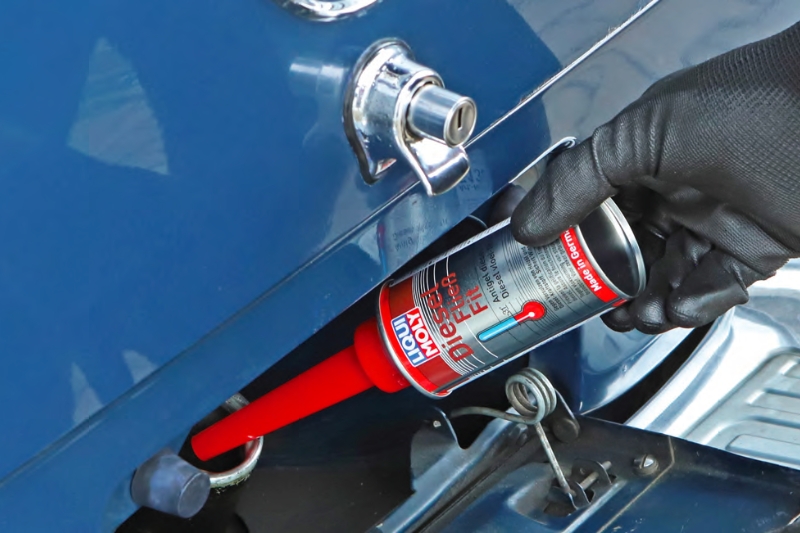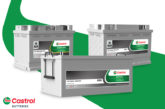
Liqui Moly gives us the low-down on its solution for freezing temperatures resulting in diesel clog.
Freezing temperatures are an endurance test for a car’s diesel fuel – in fact they can push it to breaking point. If it gets too cold, the diesel starts to clog and the car won’t start or may come to a sudden standstill. This can be avoided with Liqui Moly’s diesel flow fit which says to provide diesel fuel with simple but effective protection.
Paraffin – the source of the problem
Why does diesel clog or lose its capacity to flow? The source of the problem is paraffin, a wax found in diesel. This fluid wax solidifies in cold weather. It crystallizes, and the crystals block the fuel filter. Then the engine stops receiving fuel and comes to a standstill. Even though the diesel sold in winter is less affected by the cold: if winter diesel is not available or if there is a really extreme drop in temperature – as is currently forecast – diesel flow fit aims to stop the diesel from clogging.
It is a concentrate that provides anti-clog protection, depending on the quality of the diesel fuel. And it works up to temperatures of minus 31 degrees Celsius. Simply add a can directly before fuelling: this is the most effective way to ensure the additive mixes with the diesel fuel. A flow improver is very useful for diesel vehicles that are left to stand outdoors. It is also a good way to prepare for a skiing trip: after all, fuel quality can vary considerably in other countries.
Diesel Flow Fit
- Simple to use
- Suitable for all diesel fuels (summer and winter diesel grades according to DIN EN 590) and fuel oil
- Good response behaviour
- Self-mixing
- Secures winter operation which would otherwise be affected by the cold
- Improves filter properties
It is important to add diesel flow fit before the diesel starts to clog. If it’s too late, the only way to liquefy the paraffin crystals again is through warmth. So add diesel flow fit to your customers’ fuel tank right away – and you’ll be all set for a cold spell.









